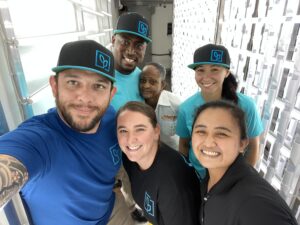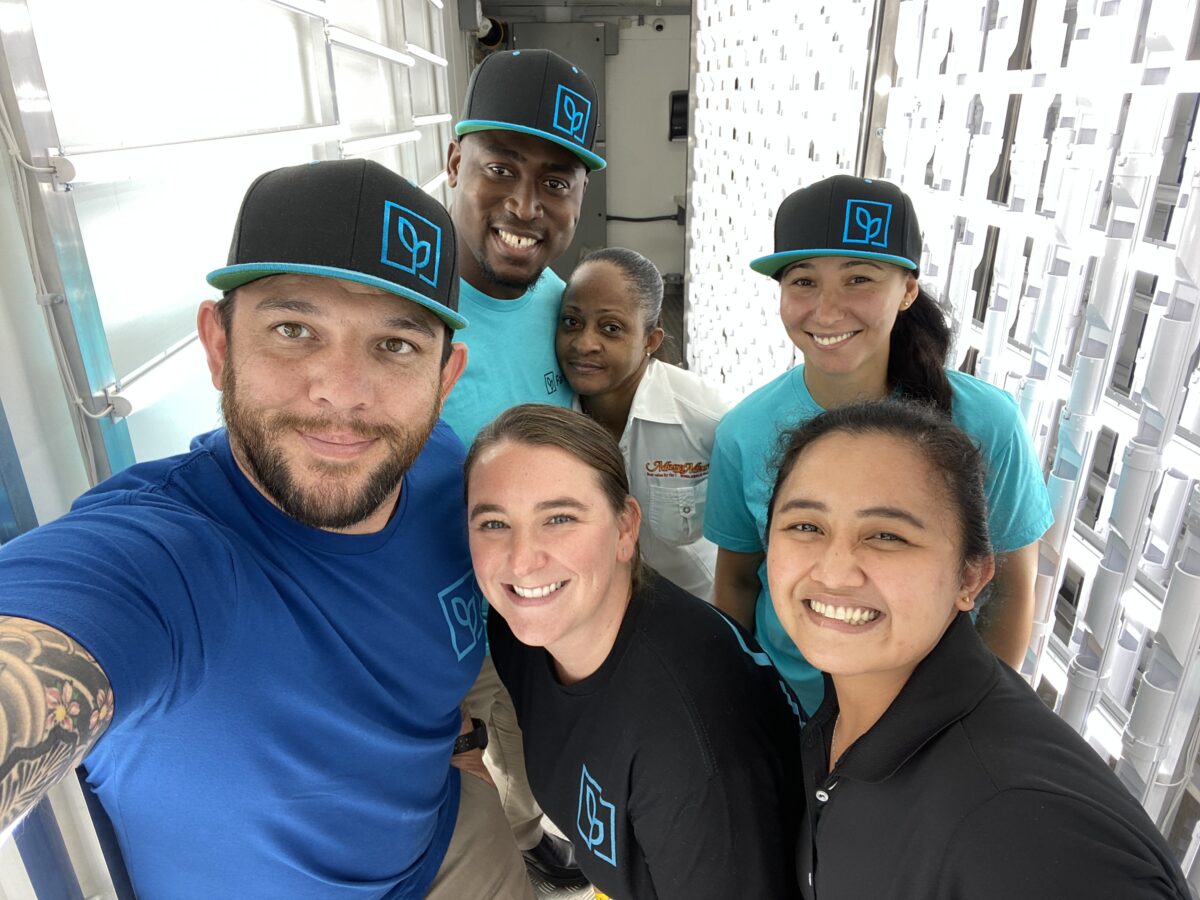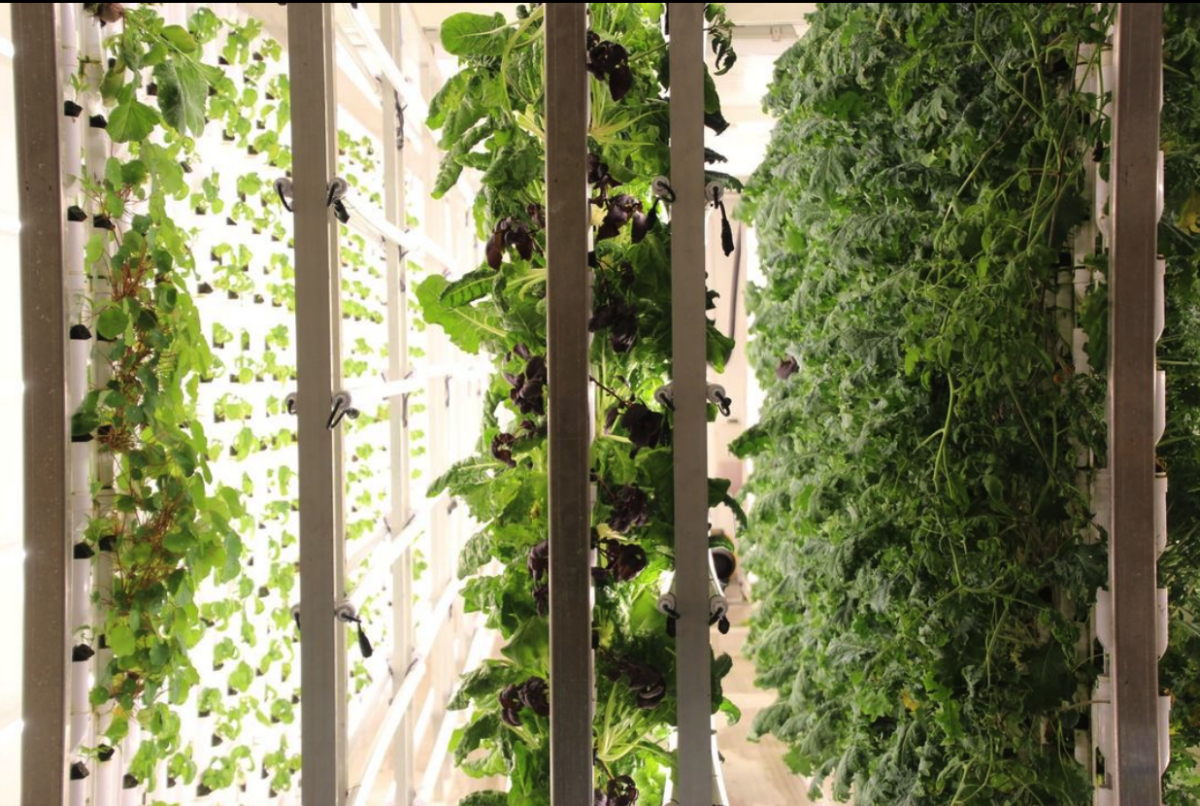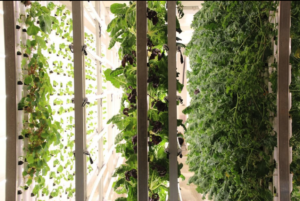It comes as no surprise that localized production of fresh produce offers a transformative approach to improving access to healthy foods in urban, suburban and rural communities. The means of achieving such gains, however, includes some tech-driven elements that will help us collectively plan ahead for our food-production future.
In many areas — especially low-income neighborhoods and remote regions — grocery stores are scarce or stocked with mostly processed, shelf-stable items. By growing food closer to where people live, whether through urban farms, community gardens or container-based systems, these gaps in access can be addressed directly. Local production empowers communities to bring fresh, nutrient-dense fruits and vegetables into areas that have long been considered food deserts.

One of the primary benefits of localized food systems is the shortened supply chain. Traditional food distribution often involves long-haul transport, multiple handling points, and significant delays from farm to plate. Local production drastically reduces this distance, improving both the freshness and nutritional value of produce. Additionally, fewer intermediaries means reduced transportation costs and waste, which can make fresh food more affordable and consistently available, especially in areas prone to supply disruptions or economic instability.
Localized agriculture also fosters greater food diversity and cultural relevance. Unlike national retailers that carry standardized offerings, local growers can tailor their crops to reflect the preferences and traditions of the surrounding community. This ensures that residents have access to foods that resonate with their heritage and culinary practices, increasing the likelihood that fresh, healthy options become part of everyday meals. It also offers opportunities for community input in crop selection, deepening the connection between people and the food they consume.
Beyond access, local food systems contribute to education and community engagement. School gardens, neighborhood farms and mobile container units serve as interactive classrooms where children and adults alike can learn about nutrition, agriculture, and sustainability. These hands-on experiences instill a deeper understanding of where food comes from and how it supports physical and environmental health. Over time, these lessons can lead to improved eating habits and a greater appreciation for healthy living, especially among younger populations.
This creates a virtuous cycle where food access and economic vitality grow hand in hand.
Perhaps most importantly, localized production enhances food security and resilience. Whether it’s an urban neighborhood affected by climate change, a rural town facing supply chain delays, or a suburban community preparing for future disruptions, decentralized food systems ensure a more stable and responsive supply of healthy food. With tools like container farming and controlled-environment agriculture, year-round access to fresh produce becomes a reality even in areas with challenging climates. In a world where food equity and sustainability are increasingly urgent, localized production stands out as a practical, scalable solution.



